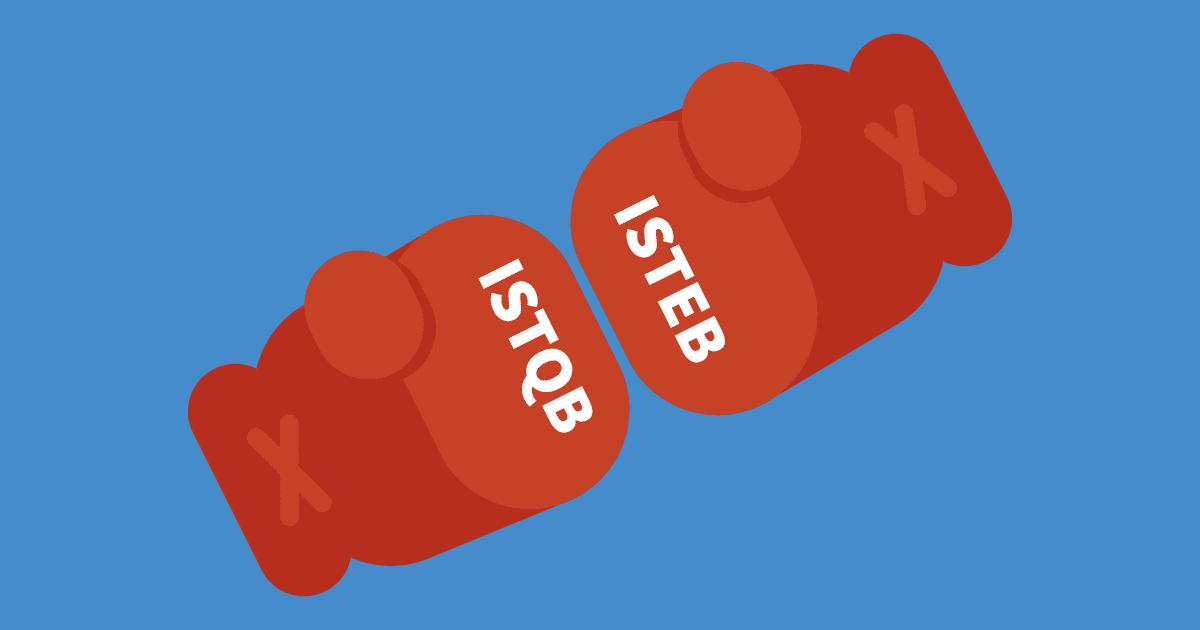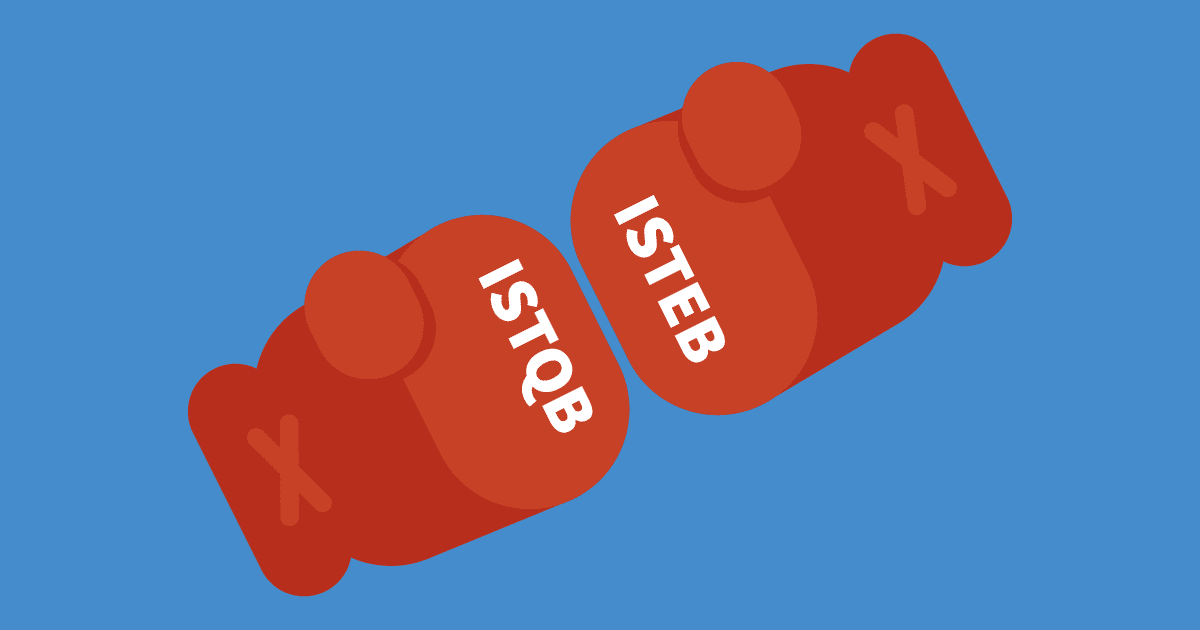In the world of software testing certifications, ISEB vs ISTQB is often asked about, but the answer is not what people expect to hear for two reasons.
Software certifications are the badges of proof that help you to stand out amongst thousands, as you seek to take your professional career to another level. While studying for certifications, candidates will develop a greater understanding of their subjects, helping them to think differently about the practical elements.
Although many qualifications can be achieved through study alone, candidates will benefit from having professional experience before taking any exam. Being “on the job” can help you to devise better solutions and implement them more effectively. Also, the knowledge you have gained will help you better understand the syllabus, regardless of the certification.
There are so many terms, such as ISTQB, ISEB, BCS, and CTFL associated with certifications, that aspirants can become confused. In this article, Here, we offer some insight into ISEB vs ISTQB and explain why regarding them as comparative certifications is a mistake.

The Differences Between ISTQB & ISEB
The International Software Testing Qualifications Board or ISTQB offers various certifications, which are generally referred to by the same acronym. The board is a non-profit organization that offers software testers a standardized qualification following a successfully passed exam with minimum criteria. ISTQB has Member Boards around the globe to represent and conduct the certifications. In the United States, the American Software Testing Qualifications Board (ASTQB) caters to the needs of ISTQB aspirants, whereas the United Kingdom and Ireland Testing Board (UKITB) provides the equivalent service for the British Isles. There are other Member Boards across the world, but the syllabus remains the same everywhere.
A person interested in attaining ISTQB certifications needs to qualify at the basic level of certification before entering the advanced levels. The certification is known as the Certified Tester Foundation Level (CTFL), which is composed of multiple-choice questions and a 65% exam pass rate. Our post on How To Crack The ISTQB Foundation Level Exam could be useful here.
More now, about ISEB, which stands for Information System Examination Board. In 2010, the United Kingdom Testing Board (UKTB), as was, appointed ISEB to conduct certification exams primarily in UK, Netherland, and Belgium. In 2012, the name of the body was changed to BCS Professional Certifications to reflect its connection with the British Computer Society, and the term ISEB was officially retired at the same time. Another element of the rebranding was for the BSC to become a stand-alone title, with the letters no longer referencing an acronym for the British Computer Society.
Does ISEB Still Exist?
Because the heritage term ISEB remains widely searched for online, BCS has described the issue as ‘the BCS qualification being formerly ISEB’ to help reduce confusion. Like its predecessor, BCS Professional Certifications is an organization which conducts software testing certification exams for ISTQB at Foundation and Advanced Level. It is not a certification, but its role is to arrange and conduct certification exams. Other than ISTQB certifications, BCS Professional Certifications also conduct various other certification exams such as ITIL and Business Analysis.
In the British Isles, the ISTQB certification exam can be taken at any established center of the UKTIB (the UK and Ireland Testing Board), in collaboration with their exam providers, who are BCS and iSQI (International Software Quality Institute). But if you reside in any corner of the world other than the UK and Ireland, you can sit the exam in any local center of Pearson Vue or Prometric.
The ISTQB certification issued by any Member Board around the world has the same value everywhere, with all being equivalent to the other. They are differentiated through having different names depending on the countries in which they are located. If you are certified from ASTQB in America, or pass the exam from UKTIB in the UK, or are issued a certificate from ANZTB in Australia and New Zealand, they all hold the same value, and the syllabus, criteria, content, and examination papers are the same all around the world.
Conclusion
In the discussion above, I tried to clear the doubt surrounding different terminologies associated with ISTQB and hope this will help you to prepare for your certifications without confusion.

